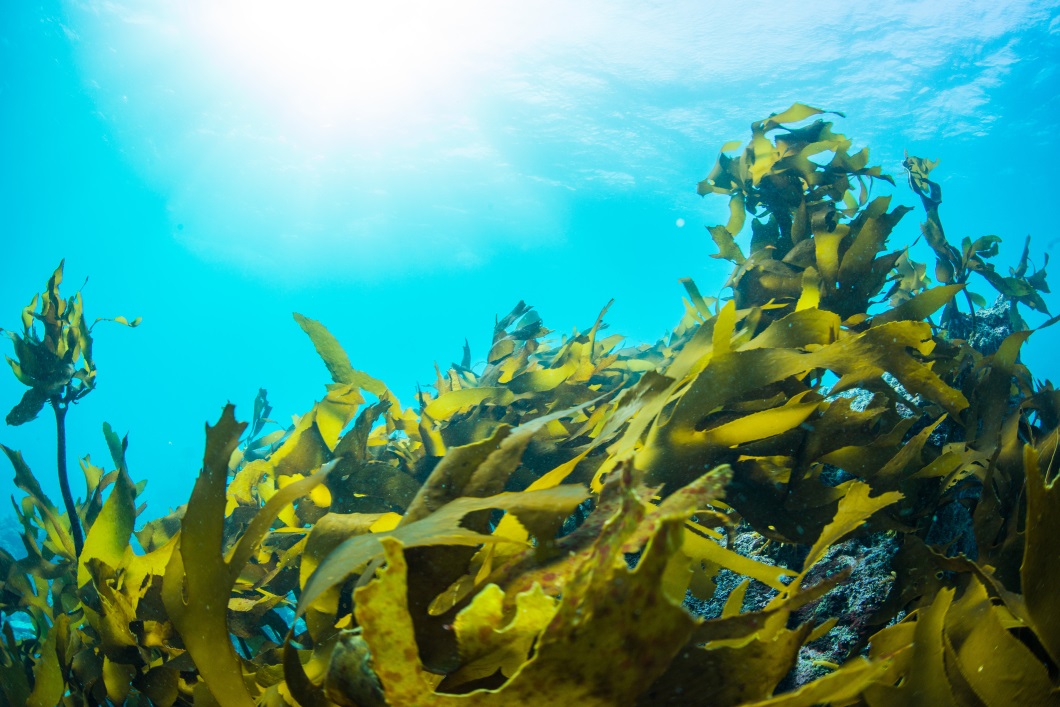Fucoidan is a type of sulfated polysaccharide contained in brown algae such as mozuku and kelp. Past studies on fucoidan have reported anti-inflammatory, antiviral, and antitumor effects. Furthermore, researchers previously conducted studies on the immunostimulation of fucoidan. They found that the number of immune cells increased, macrophage phagocytosis enhanced, IgM, IgG, and IgA antibody production increased, and IgE reported decreased production.
Hence, in this blog, I like to share the study “Effects of ingesting fucoidan derived from Cladosiphon okamuranus Tikida on human NK Cells: A randomized, double-blind, parallel-group, placebo-controlled pilot study” by Makoto Tomori et al. The study on the safety of fucoidan consumption in healthy subjects under the observation of an experienced doctor was conducted to investigate the immunostimulatory effects of fucoidan derived from Okinawa mozuku. The study, as mentioned earlier, was conducted on humans.
First, from 122 applicants, 20 healthy males and 20 females who met the appropriate evaluation criteria were selected as subjects. In each male and female, 20 people were assigned, 10 to the placebo group and 10 to the fucoidan group. Eight weeks after the start of the study, one person in the fucoidan group failed to be in contact. Thus, the actual number of subjects in the fucoidan group was 20 in the following four weeks and 19 after that. The average age of the participants was 47 years in the fucoidan group and 45.5 years in the placebo group.
In their previous research, fucoidan was detected in the blood and urine by ingesting 1 g of fucoidan per day. In addition, another research report confirmed that it is safe to consume 4.05 g of fucoidan per day. Since there was a report, the intake of fucoidan in this study was set at 3g.
A caramelized drink containing citric acid and sucralose containing 1.5 g of fucoidan dissolved in 50 ml was prepared as the test food, and a similar caramelized drink without fucoidan was prepared as a placebo. The intake period was 12 weeks, followed by a 4-week washout period. At the start of week 0, before injection, blood was collected every four weeks until week 16. And then, NK cell activity and IFN-γ production, which are indicators of immunity, were measured. (See Fig. 1)
As a result, in the fucoidan group, NK cell activity increased significantly after eight weeks of intake. IFN-γ production decreased in the placebo group during the study period, but the decrease was suppressed in the fucoidan group. In addition, when white blood cells, red blood cells, hemoglobin, hematocrit values, and platelets in the blood were measured. There was no significant difference observed between the two groups, and there was no problem with safety. During the intake period, there were 28 cases of mild adverse events, such as cold symptoms. Still, no causal relationship with the intake of this test meal was recognized. Hence, there were no significant problems, and the patients recovered.
Thus, the study proves that ingesting fucoidan derived from Okinawan mozuku may improve NK cell activity, and there are no issues with safety. In the future, it is expected that fucoidan derived from Okinawan mozuku will be used as a functional food material that enhances immunity.

Source: Marine Drag 2021; 19(6): 340. doi: doi:10.3390/md19060340
